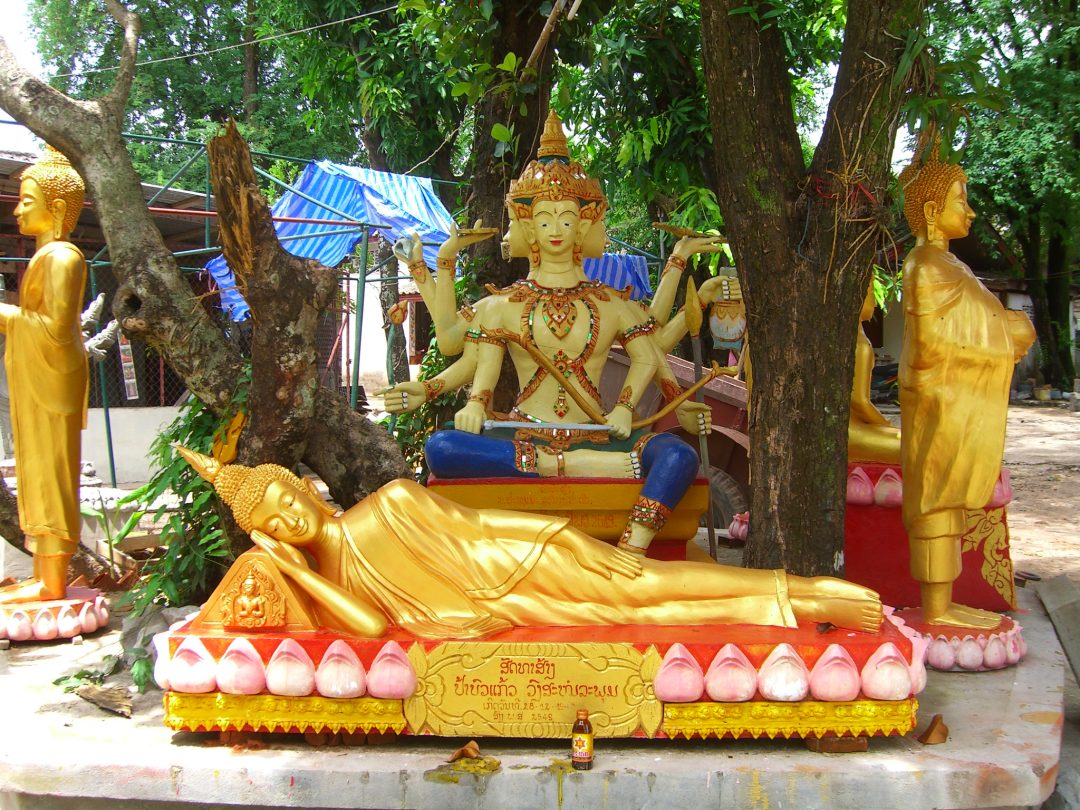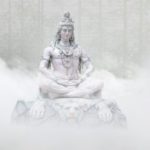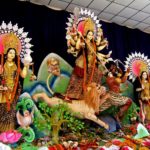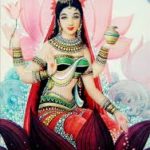In the term of God and Hinduism, it’s a very interesting subject. The one thing you must know about Hinduism is that it’s a polytheistic religion meaning there are many deities to be worshipped. Asides from the faith, it can be applied as a way of life, a movement, a set of lessons, and a philosophy. Philosophical wise, Hinduism goes hand and hand with the teachings of Confucius and Laozi. Confucius’ teachings go hand and hand with Hinduism due to the need to help others out regardless of differences. In the case of Laozi’s teachings, there is a need for meditation and yoga to obtain a higher level of being.
Brahma, Vishnu and Shiva
The three main gods are Brahma who is the god of wisdom and creation, Vishnu the god of life, and Shiva the god of death and destruction. In Christianity, those are the many aspects of God. In Buddhism, these gods aren’t considered gods but forms of the Buddha. But as the god of wisdom and creation, Brahman is the one absolute god or the only one real god.
Brahman can be a form of the enlightened one. Brahma, Vishnu, Shiva, and the other gods and goddesses are different aspects or pieces of Brahman. That’s how god is viewed in Hinduism. What Brahman is considered to the Hindus is what God is considered to all Christian denominations. This can also be applied to Allah in the Islamic faith.
Gods are Viewed as Deities in Hinduism
In Hinduism, the gods are viewed as deities that do not physically exist in person and they never existed. They are basically results of many stories and novels similar to the Greek, Roman, and Egyptian gods. That’s how they’re recognized in the faith of Hinduism. The same can be applied to Buddhism. The gods aren’t recognized as gods in Buddhism; but, they are recognized as “enlightened”.
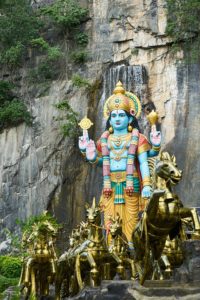 They don’t physically exist in front of us. However, they seem to live on in all of us.
They don’t physically exist in front of us. However, they seem to live on in all of us.
Brahma exists in our need to obtain wisdom and to be able to create things. That can apply to collegiate scholars and scientist wanting to further apply the new knowledge that they gain.
Shiva exists in our need to cleanse the world of “evil” such as stopping rapists, murderers, terrorists, and other degenerates. Unfortunately, our views on cleansing evil tend to conflict with one another which leads to wars as a result of conflicting ideologies.
Vishnu exists within all the good acts such as acts of mercy we perform.
It can be said the same with demons as they exist in all the bad emotions we feel and all the evil acts we perform.
That’s what can be said about gods and demons in the faith of Hinduism. They might not exist in front of us; but, they exist within us. In a sense, these deities exist in our actions regardless of what faith we practice.
In Hinduism, Buddha seems to have a place.
They consider him to be the ninth incarnation of the god Vishnu.
When contemplating the role of god and Hinduism, it seems to go hand and hand with many different faiths. The path of what god, goddess or other deities to follow is mainly left up to the individual.
The concept of god and Hinduism can be rounded down to one word: “faith”. In Hinduism, you shouldn’t waste your time trying to prove or disprove if god or another deity really exists or not.

